On November 8, Professor Kang Chongqing from the Department of Electrical Engineering and Applied Electronics (EEA) at Tsinghua University led a delegation to visit the College of Engineering at Yonsei University in South Korea. They were warmly received by Professor Jong-Mong Chung, Vice Dean of the College of Engineering, Professor Jung-Wook Park from the Department of Electrical and Electronic Engineering, and Professor Kyeon Hur. The visiting delegation from Tsinghua University also included Associate Researcher Li Xiaoqian, Assistant Researcher Guo Hongye, Associate Researcher Du Ershun from the Low-Carbon Energy Laboratory, and Assistant Researcher Gao Hongchao from the State Key Laboratory of New Type Power System Operation and Control.
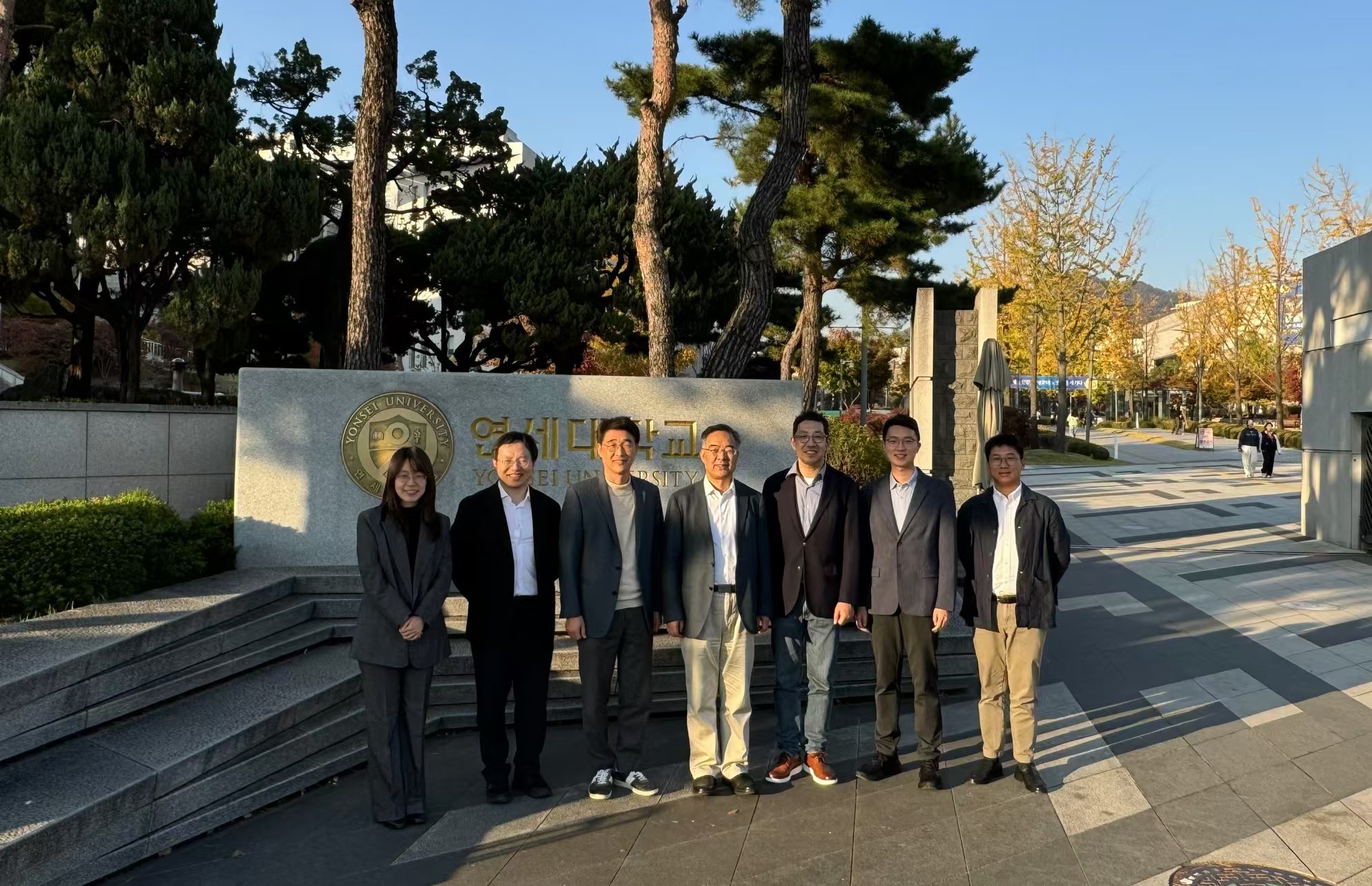
Group Photo of Chinese and Korean Faculty at Yonsei University
The Korean side arranged a special academic seminar, during which Professor Kang Chongqing, a part-time professor at Yonsei University, delivered an academic report titled "Low-Carbon Transformation Pathways for China’s Power System." About 50 teachers and students from Yonsei University, including Professors Jung-Wook Park and Kyeon Hur, attended the seminar. The event was chaired by Professor Kyeon Hur, who welcomed Professor Kang to Yonsei University for the in-person lecture and highly appreciated his contributions to promoting cooperation between the two universities in the field of electrical engineering, as well as the bilateral joint seminars between China and Korea on the integration of high proportions of renewable energy into power systems. He also extended a warm welcome to the outstanding young faculty members from Tsinghua University who were visiting.
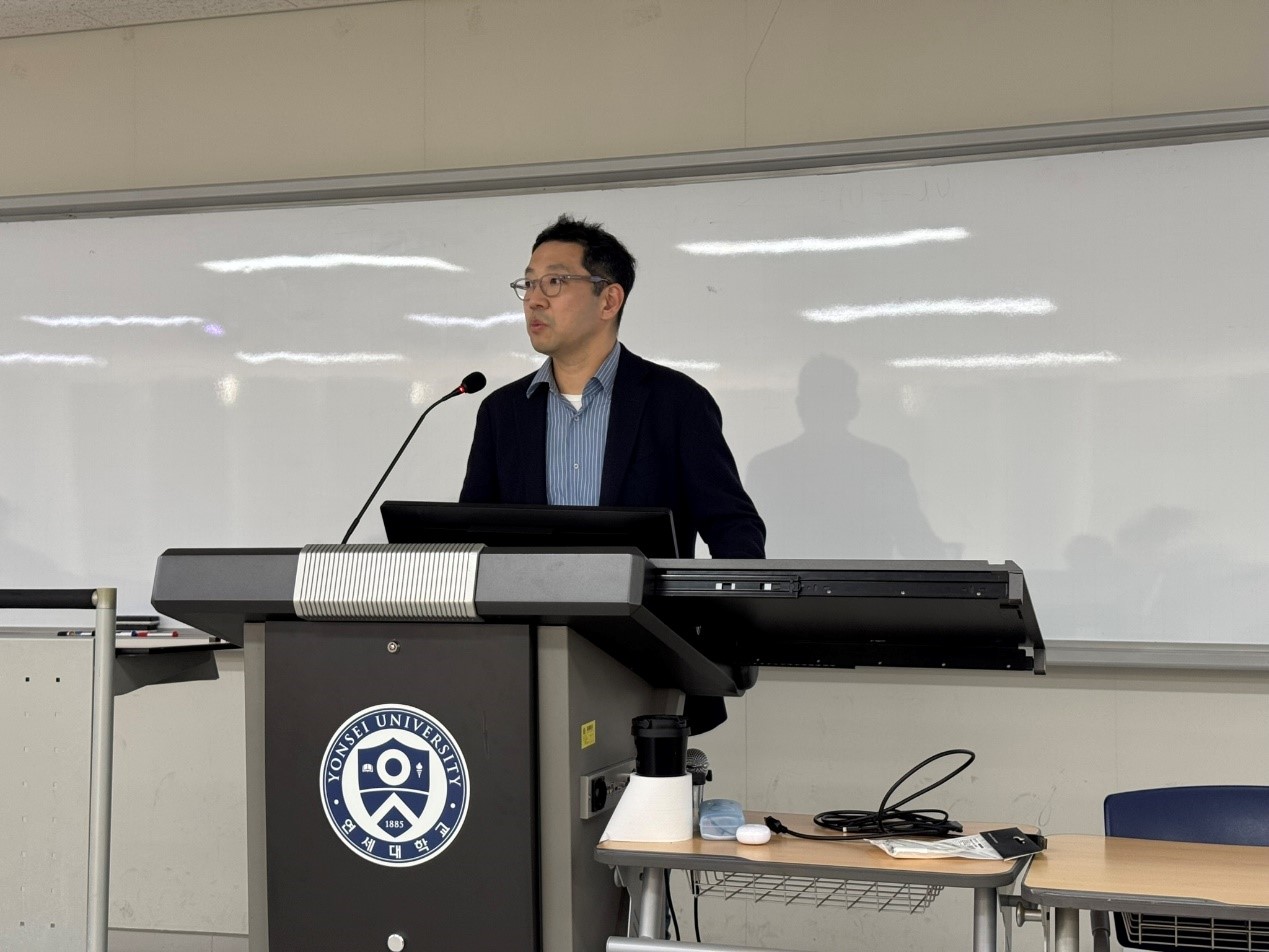
Professor Kyeon Hur Chaired the Seminar
In his report, Professor Kang briefly introduced EEA and the research team's collaboration with Yonsei University, and analyzed the main characteristics of China's power system. He discussed the challenges and opportunities brought by the low-carbon transition and outlined the vast prospects for renewable energy in China’s new power system. He also elaborated on the key technologies, feasible pathways, and solutions for the low-carbon transformation of various segments in the Chinese power system, including generation, grid, load, and storage. After the report, there was a lively Q&A and academic exchange between Professor Kang and the faculty and students of Yonsei University.
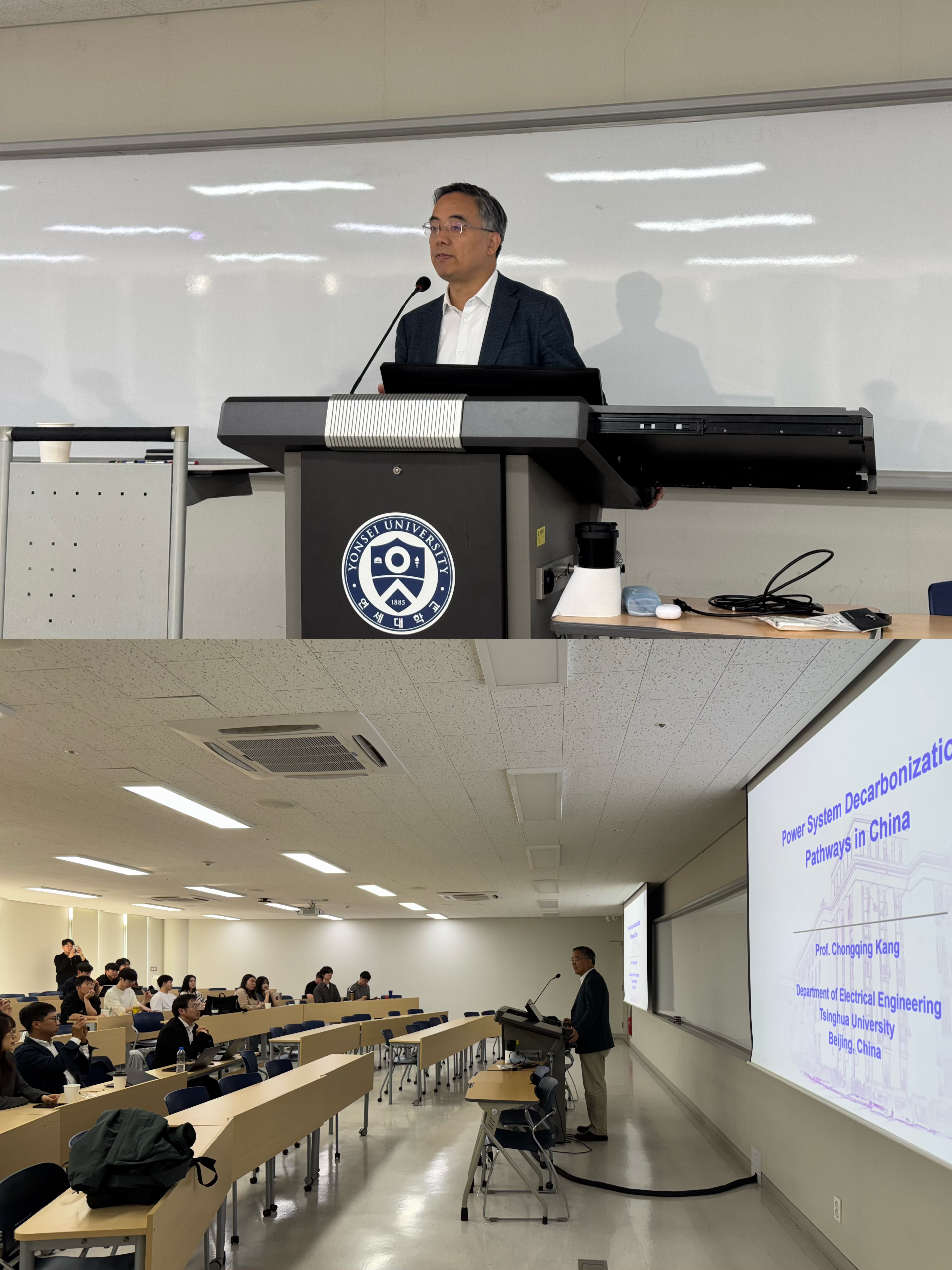
Professor Kang Chongqing delivered a special report
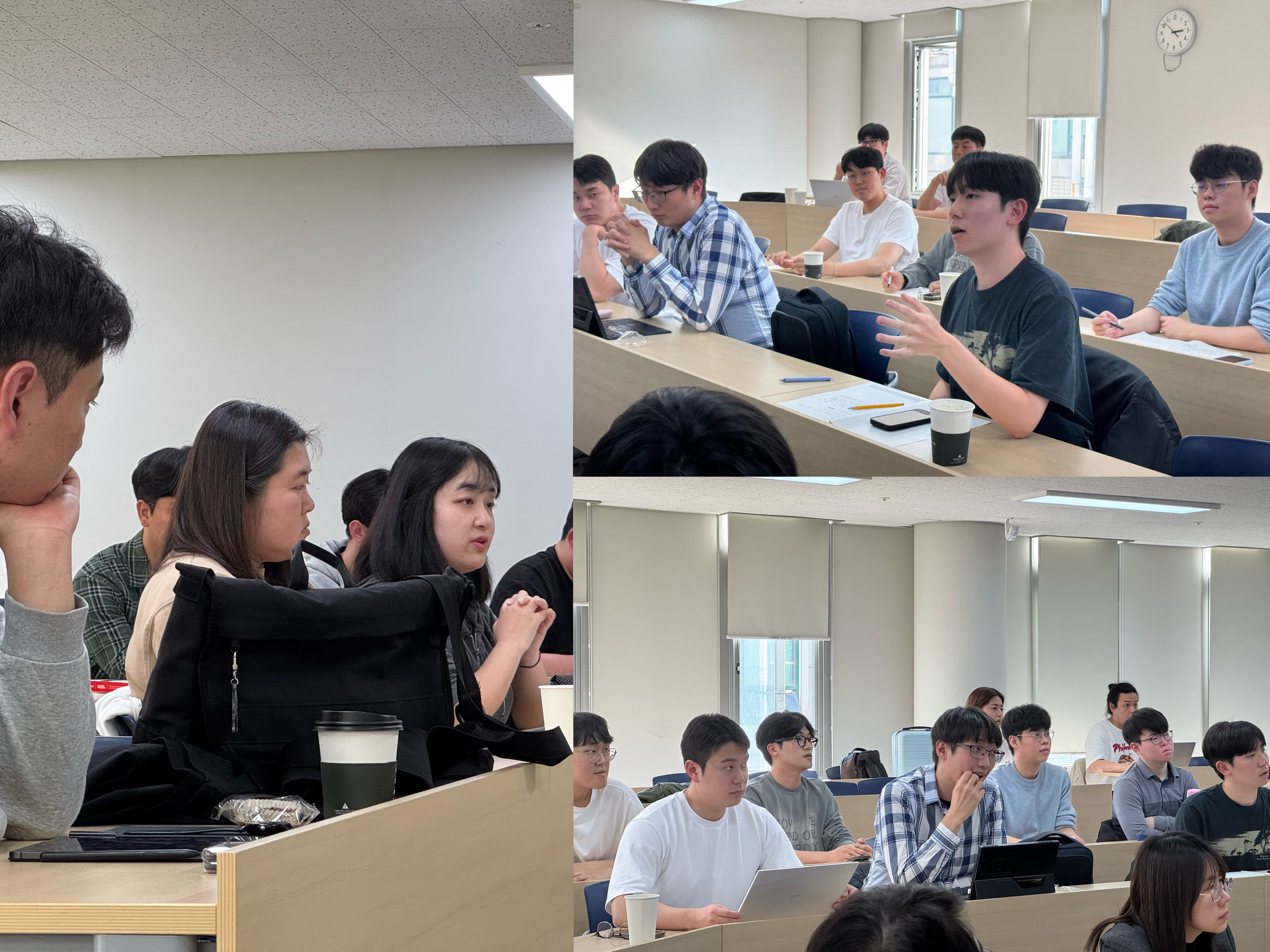
Teachers and students exchanged their views with Professor Kang
After Professor Kang's lecture, several young faculty members from Tsinghua University gave brief thematic reports on topics such as power system planning, electricity markets, and virtual power plants, followed by discussions with the audience. Among them, Associate Researcher Du Ershun from the Low-Carbon Energy Laboratory gave a report on "Long-Term Seasonal Energy Storage in Power Systems," Assistant Researcher Guo Hongye from the Department of Electrical Engineering presented on "China’s Electricity and Carbon Markets," and Assistant Researcher Gao Hongchao from the National Key Laboratory of New Power System Operation and Control delivered a report on "Virtual Power Plants with Large-Scale Heterogeneous Resource Interconnection."
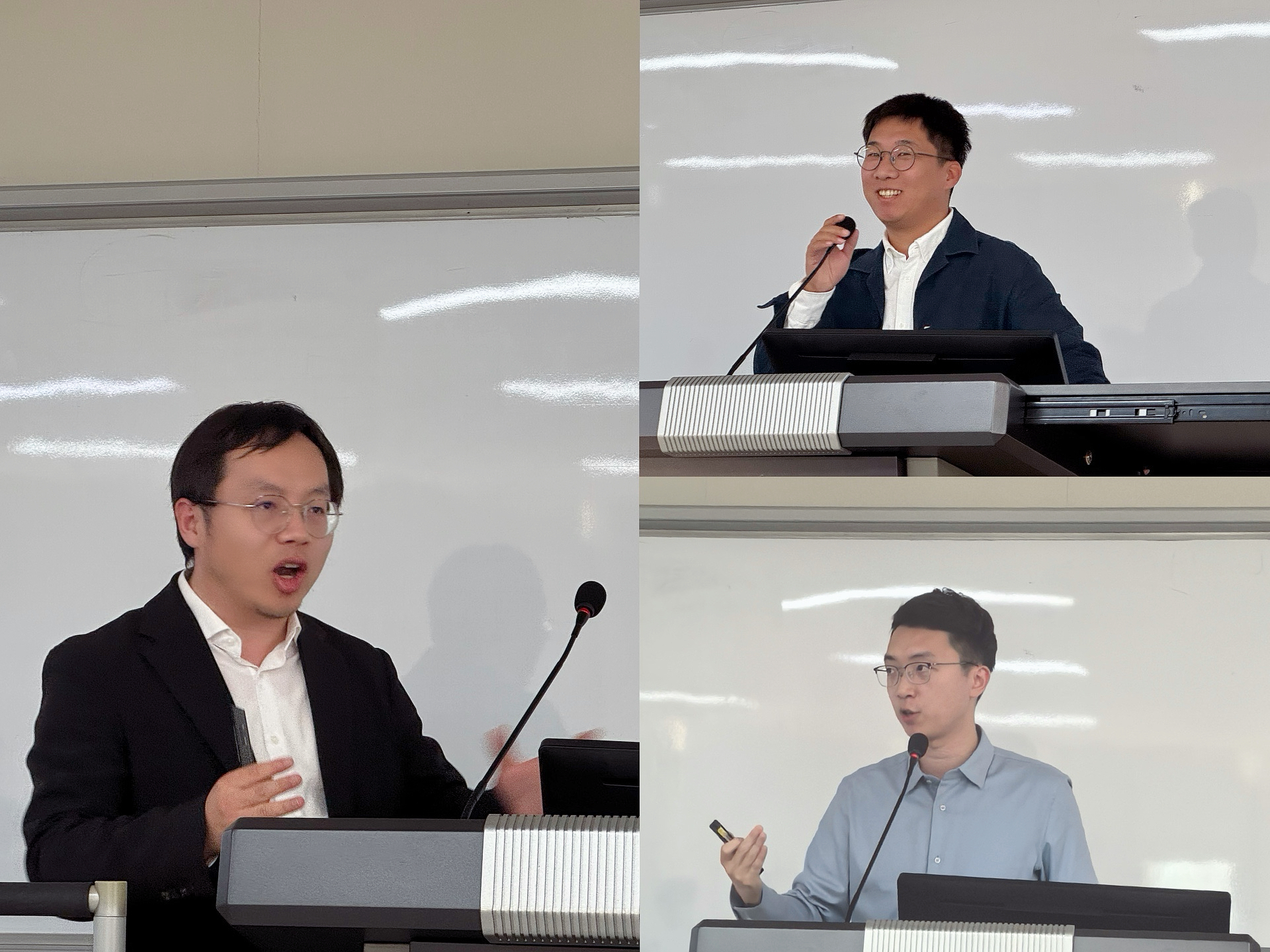
Young teachrs Du Ershun, Guo Hongye and Gao Hongchao delivered academic reports
At the end of the event, Professor Kyeon Hur granted Professor Kang Chongqing a commemorative plaque for his role as a part-time professor, signed by Professor Won Woo Ro, Dean of the Department of Electrical and Electronic Engineering at Yonsei University, in recognition of his contributions to the development of electrical engineering at Yonsei University.
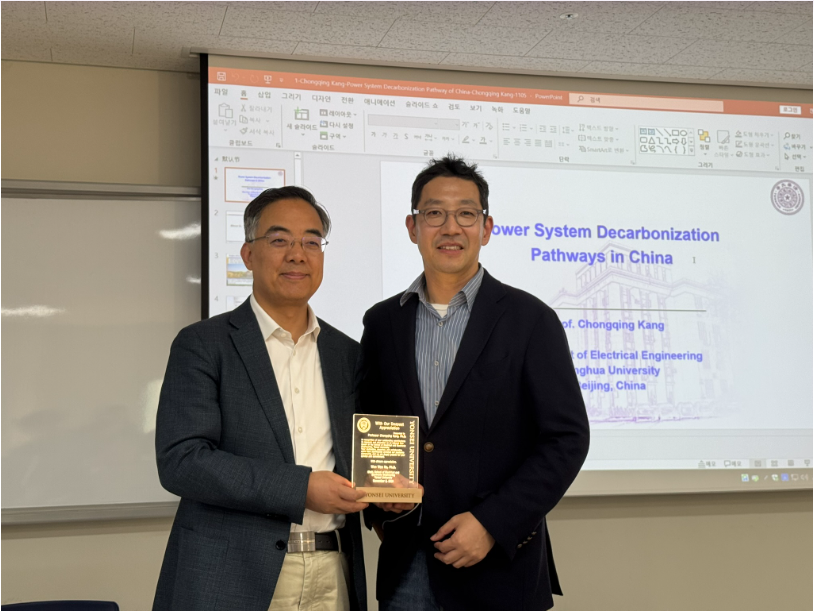
Professor Kyeon Hur presented the part-time professor commemorative plaque to Professor Kang Chongqing

















 News & Events
News & Events